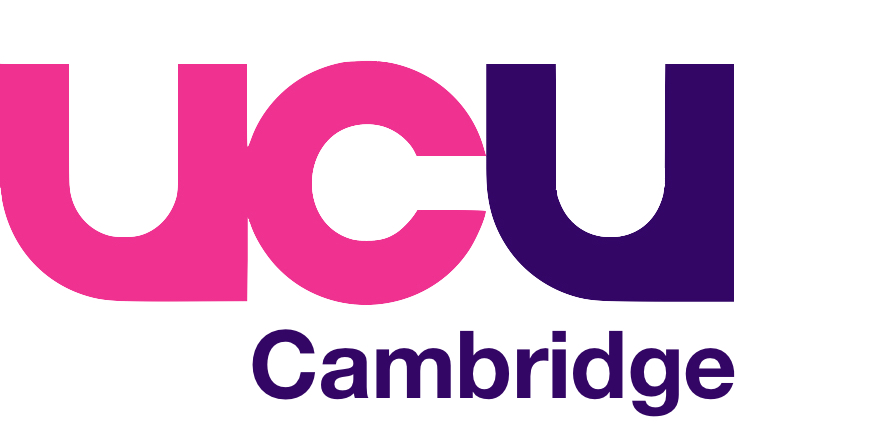Cambridge UCU notes that:
-
- On 16 March 2020, the University approved a new statement on Freedom of Speech, which was subsequently published in the Cambridge University Reporter;
- In a discussion on 9 June, amendments to the statement were proposed, which together purported to protect academic freedom of speech beyond the terms of the University’s position;
- These amendments will be put to a grace to all members of Regent House, with voting open between 20 November and 1 December 2020
Cambridge UCU believes that:
-
- The University’s decision to rewrite its statement is responding to political pressure from sources including the Department for Education and the Office for Students;
- Instead of bowing to this pressure, the University should stand up against all attempts at political interference, including the restrictions on free speech entailed by the Prevent policy
- The right to object to and protest against invited speakers and the positions they represent is itself an exercise of free speech, the rights to which are enshrined in Article 10 of the European Convention on Human Rights;
- The issue of free speech has been used as a moral panic by right-wing politicians and journalists eager to whip up hostility towards universities and their members;
Cambridge UCU nonetheless believes that:
-
- Taken together, the proposed amendments do not solve the problems with the statement, and instead introduce new problems of their own;
- The third amendment in particular allows the University to restrict or regulate events which might ‘disrupt the ordinary activities of the University’, thus threatening the possibility of events related to protest or industrial action;
- The Cambridge Students Union has expressed its opposition to the proposed amendments.
Cambridge UCU therefore concludes that:
-
- Neither the University’s statement nor the proposed amendments are desirable or fit for purpose;
- Members who have the right to vote in Regent House elections should be encouraged to reject the amendments;
- To uphold the University’s core values of ‘freedom of thought and expression’ and ‘freedom from discrimination’, the freedom to protest must be considered a legitimate form of engaging with controversial perspectives.
- Freedom of speech in universities means nothing if not the freedom from the interference of government authorities.
